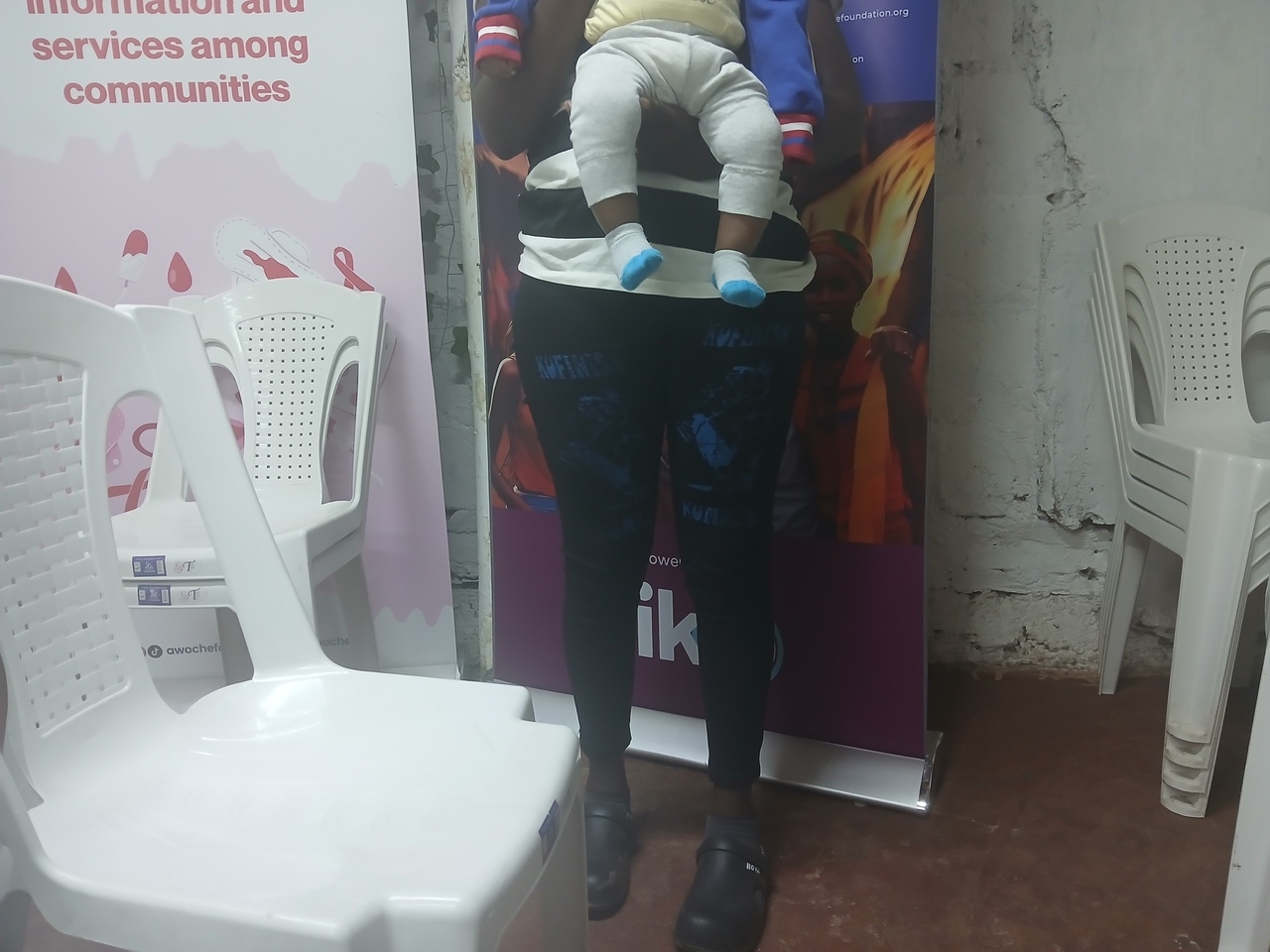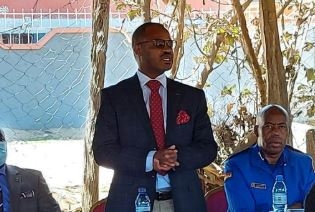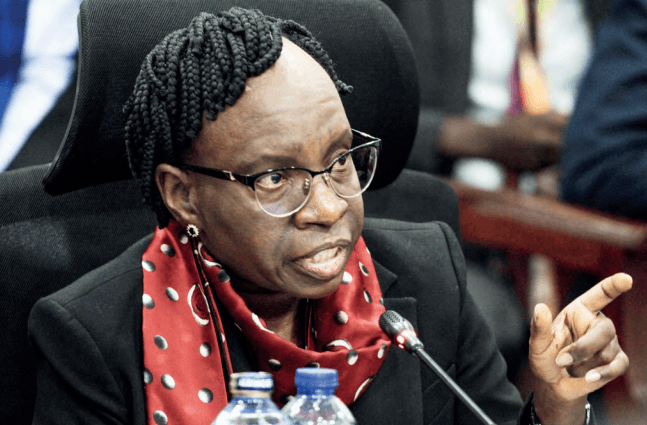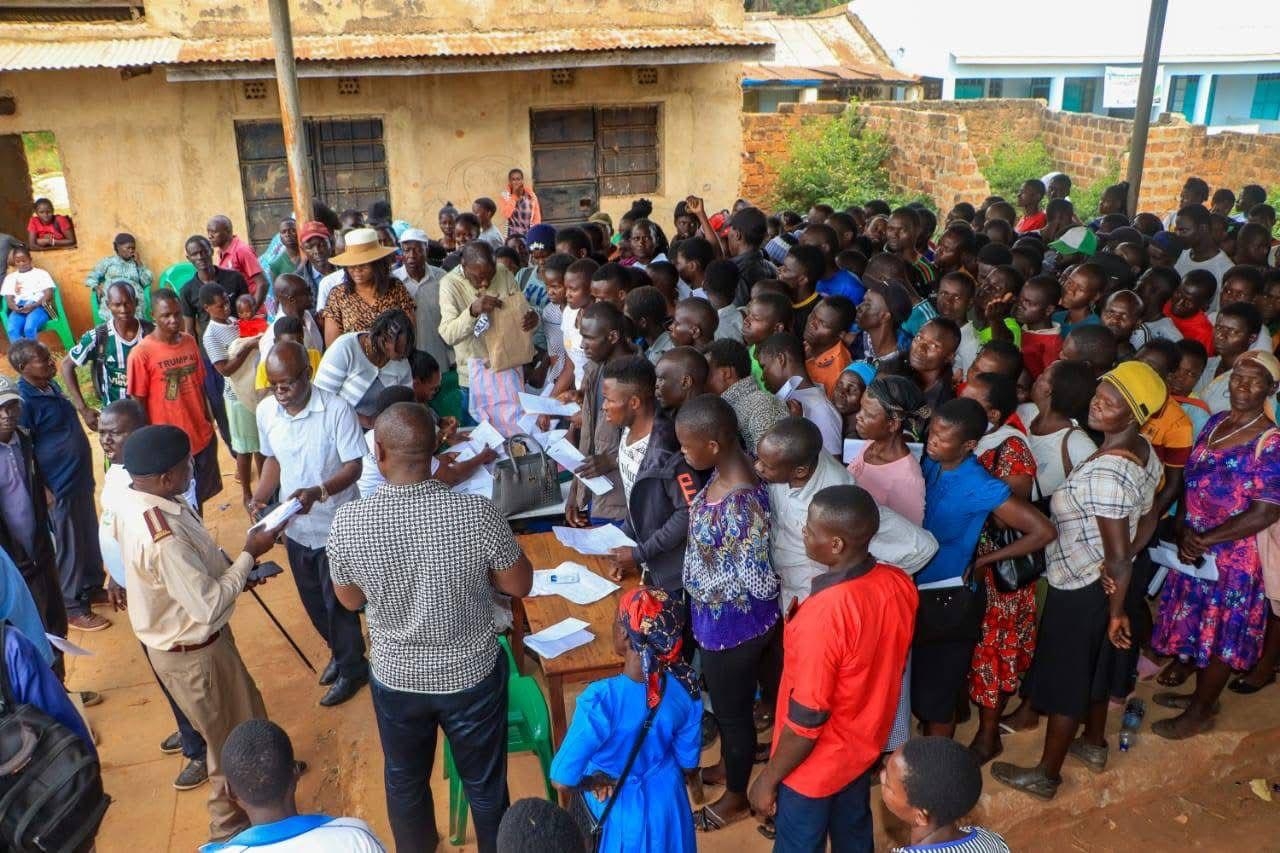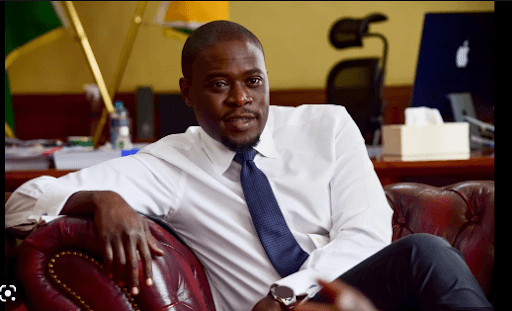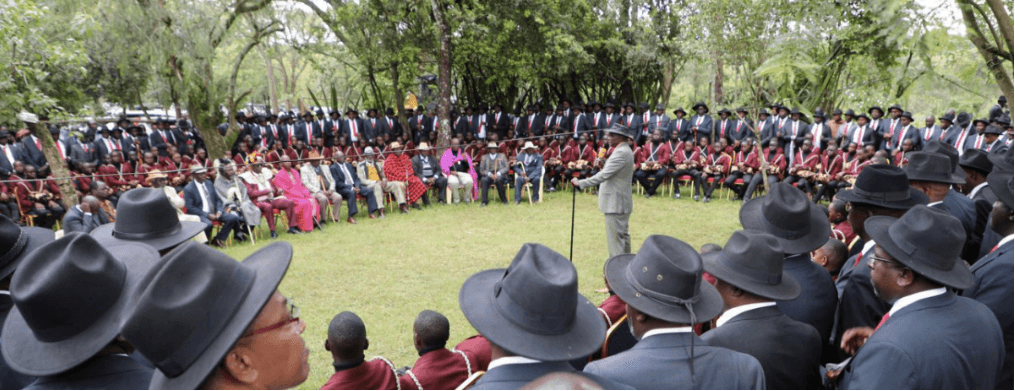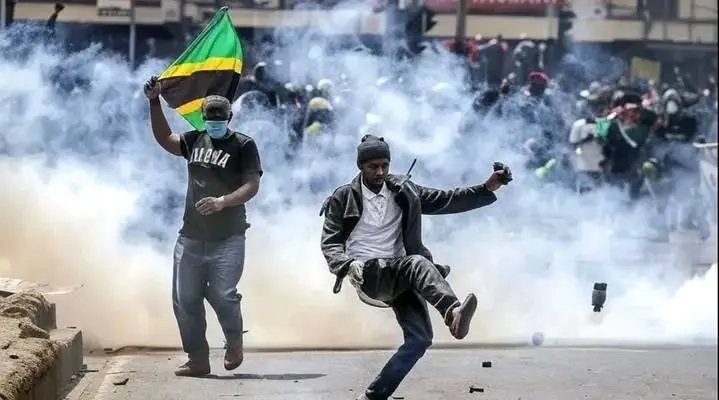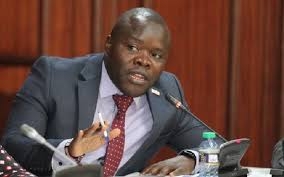“We have been waiting for the past 15 years to access justice. Every day, we wake up hopeful that justice will be delivered, but this seems like a far-fetched dream. We are not sure if we will live to see justice delivered. It is a painfully long wait!” — Survivor-Petitioners
15 years is a long time to wait, especially when you are awaiting justice for violations of a heinous crime such as sexual violence. The challenge for survivors of election-related sexual violence in Kenya to access health care and receive reparations reminds us of just how much more needs to be done to advance justice, accountability and healing for survivors of sexual violence in Kenya and around the globe.
A decade and a half have passed since the 2007-08 post-election violence that rocked Kenya following disputed presidential elections. The crisis left behind a legacy of severe human rights violations that are yet to be fully addressed. However, justice for the hundreds of survivors of post-election sexual violence has been sorely delayed — and thus denied.
For these 15 long years. It is well past time for Kenya’s judicial system to act.
The High Court
According to the Commission of Inquiry on Post-election Violence, known as the Waki Commission, more than 900 cases of gender-based violence were reported in the period surrounding the elections across Kenya. This is surely just the tip of the iceberg as many survivors were unable to report the violence they suffered because they were not able to physically get to a police station to report the crime due to the unrest, or because they did not feel safe reporting, as so many police and security forces were alleged to have been responsible for sexual violence and other human rights violations.
In 2013, eight courageous survivors (six women and two men) who endured sexual violence during the 2007-08 post-election crisis filed a constitutional petition at the High Court of Kenya, alongside four non-governmental organisations — the Coalition on Violence against Women , Physicians for Human Rights (PHR), the International Commission of Jurists-Kenya (ICJ-K) and the Independent Medico-Legal Unit (IMLU).
The petition sought to hold the Kenyan government accountable for failure to: prevent the violence and the resulting sexual and gender-based violence; protect the general population, including survivors, from sexual assault; investigate and prosecute perpetrators of SGBV and provide prompt, adequate, appropriate and effective reparations to survivors.
The 2010 Constitution with its expanded Bill of Rights gave this petition a much-needed impetus. The petitioners anchored their petition on numerous provisions of the Constitution, including Article 26 on the right to life, Article 29 on personal security and freedom from torture and cruel treatment, Articles 10 on national values, 19 on the right to protection of the law, Article 23 on the right to a remedy and 27 on the right to equality and non-discrimination. After seven long years, the High Court finally issued its decision.
In this landmark decision, the Court ruled in favour of four of the eight petitioners, awarding them Sh4 million each as compensation for the Government’s failure to carry out thorough investigations and prosecution of the perpetrators of sexual and gender-based violence in the post-election turmoil in 2007-08.
Although the ruling was a milestone for accountability in that it acknowledged, for the first-time, state responsibility for certain forms of election-related violence, the court’s legacy was marred by the fact that the judgment recognised the harms endured by only half of the survivor-petitioners. The court provided relief to the survivors where the sexual violence occurred at the hands of the police themselves, or who were able to overcome barriers to report their cases to the police, but the police failed to launch investigations. The court failed to recognise the Government of Kenya’s responsibility to survivors for failing to prevent or respond to post-election sexual violence perpetrated by non-state actors, including ethnic militias and gang violence, that was widely anticipated and robustly documented in medical records, media accounts and civil society.
Waiting for Appeals Court
On November 11, 2021, the survivor-petitioners approached the Court of Appeal to partially appeal the 2020 judgment argued that the court failed to recognise that it was not possible for many survivors to access a police station to report the violation, and that the state must also proactively investigate sexual violence when it occurs by non-state actors. This is especially true where the state is aware that sexual violence has occurred through news reports, medical records, and other evidence.
Since then, the silence from the Court of Appeal has been deafening. Sexual and gender-based violence is a grave violation of human rights. Yet almost two years after the appeal was filed, the survivors have still not heard from the Court of Appeal. While that Court has a backlog of cases due to multiple factors, the Court should accelerate hearing this matter as 15 years is far too long for survivors to wait in anguish for justice after sexual violence. Article 48 of the Constitution provides for access to justice for all, and it is important for the realisation of this right that justice for survivors of sexual violence is dispensed in good time to avoid undue delay, and the continuation of a violation.
The survivors of post-election sexual violence in Kenya have endured unimaginable trauma and suffering. Their physical and psychological scars are a constant reminder of the heinous acts perpetrated against them. As a new assessment published earlier this month by Physicians for Human Rights and Survivors of Sexual Violence-Kenya (convened by the Wangu Kanja Foundation), survivors of sexual violence in Kenya continue to face major barriers to accessing high-quality mental health care in their communities (see https://tinyurl.com/PHRSSVK).
Yet, as time passes, survivors’ hope for justice and healing wanes as their case remains unheard and unresolved. This ongoing delay further violates their rights and hampers their ability to rebuild their lives and move forward.
By failing to prioritise the hearing and determination of the case, the judiciary sends a distressing message to not only the eight survivor-petitioners in this case, but to all survivors — that their pain and quest for justice are inconsequential. This erodes trust in the judicial process and discourages survivors from seeking redress, perpetuating a culture of impunity.
We acknowledge and respect that the Constitution of Kenya in Article 160 envisions an independent judiciary, and the call to have this matter addressed does not in any way seek to interfere with that independence. Judicial authority is derived from the people (Article 159). And it is for the people that we speak.
Appeal No. E645 of 2021 demands urgent attention from the Judiciary by prioritising the hearing. The Court should adopt a survivor-centred and trauma-informed approach that empowers survivors by ensuring that survivors have access to appropriate and good quality services, including access to justice. This approach resonates with the Judiciary's “Social Transformation through Access to Justice” vision, which among others seeks to enhance public trust and confidence in the judicial system. Furthermore, the establishment of sexual, and gender-based specialised courts in three counties in the country is an indication of the judiciary’s quest to ensure survivors pf sexual violence access justice.
Three election cycles; 2013, 2017, and 2022, have passed since the 2007-08 post-election violence occurred in Kenya. With each passing day, survivors' glimmer of hope to access justice wanes further.
How much longer must the survivors wait to access justice? Article 159 of the Constitution also includes this principle: “Justice shall not be delayed.”




